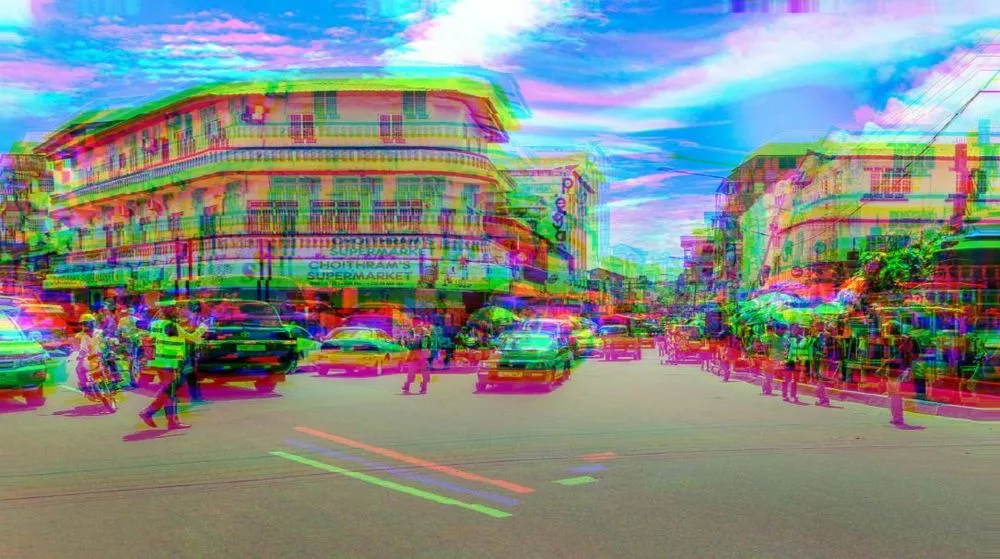Sierra Leone internet cut amid anti-government protests
The West African nation of Sierra Leone experienced a near-total internet blackout on Wednesday, in the midst of anti-government protests sparked by the rising cost of living.
Internet governance watchdog NetBlocks found that, beginning at noon local time, “national connectivity” fell to about 5% of its normal level, with multiple mobile and fixed-line Internet operators going dark. Isik Mater, Netblocks’ director of research, said connectivity was “largely restored” after approximately two hours, but service remains “somewhat impacted.”
According to Mater, the disruption affected providers routed through Sierra Leone Cable, which “controls the country’s internet gateway.”
Confirmed: Real-time network data show that #SierraLeone is in the midst of a near-total internet shutdown amid anti-government protests in #Freetown; metrics indicate national connectivity at 5% of ordinary levels; incident ongoing
— NetBlocks (@netblocks) August 10, 2022
Report: https://t.co/i33uW9Cq85 pic.twitter.com/k0Xg73cq2k
Protesters took to the streets in Freetown on Wednesday morning, calling for the resignation of President Julius Maada Bio. In a televised statement, Vice President Mohamed Juldeh Jalloh said there had been loss of life among civilians and security forces, but it was unclear how many were killed. He also claimed that police stations had been attacked in “various parts of the country.” Juldeh Jalloh announced a nationwide curfew, starting Wednesday at 3pm, with “the security sector… authorized to fully enforce these directives.”
“Authorities announced a nationwide curfew just as service was restored, alleging an attempt by protesters to ‘overthrow’ the government, having raised concerns over content being shared online,” Mater said.
Internet blackouts are frequently used as a tool of repressive governments to suppress dissent, and to curb the spread of images of violent crackdowns on public demonstrations. The digital rights group Access Now found that in 2021, internet service was disrupted by governments 182 times across 34 countries. During the 2018 elections in Sierra Leone, service was disrupted multiple times. This June, service went down in Sudan for nearly an entire day as protesters calling for civilian rule took the streets, and in Burkina Faso internet was disrupted during a military coup in January.
That same month, Kazakhstan experienced a nationwide disruption of service amid protests over the rise in fuel costs.
James Reddick
has worked as a journalist around the world, including in Lebanon and in Cambodia, where he was Deputy Managing Editor of The Phnom Penh Post. He is also a radio and podcast producer for outlets like Snap Judgment.


